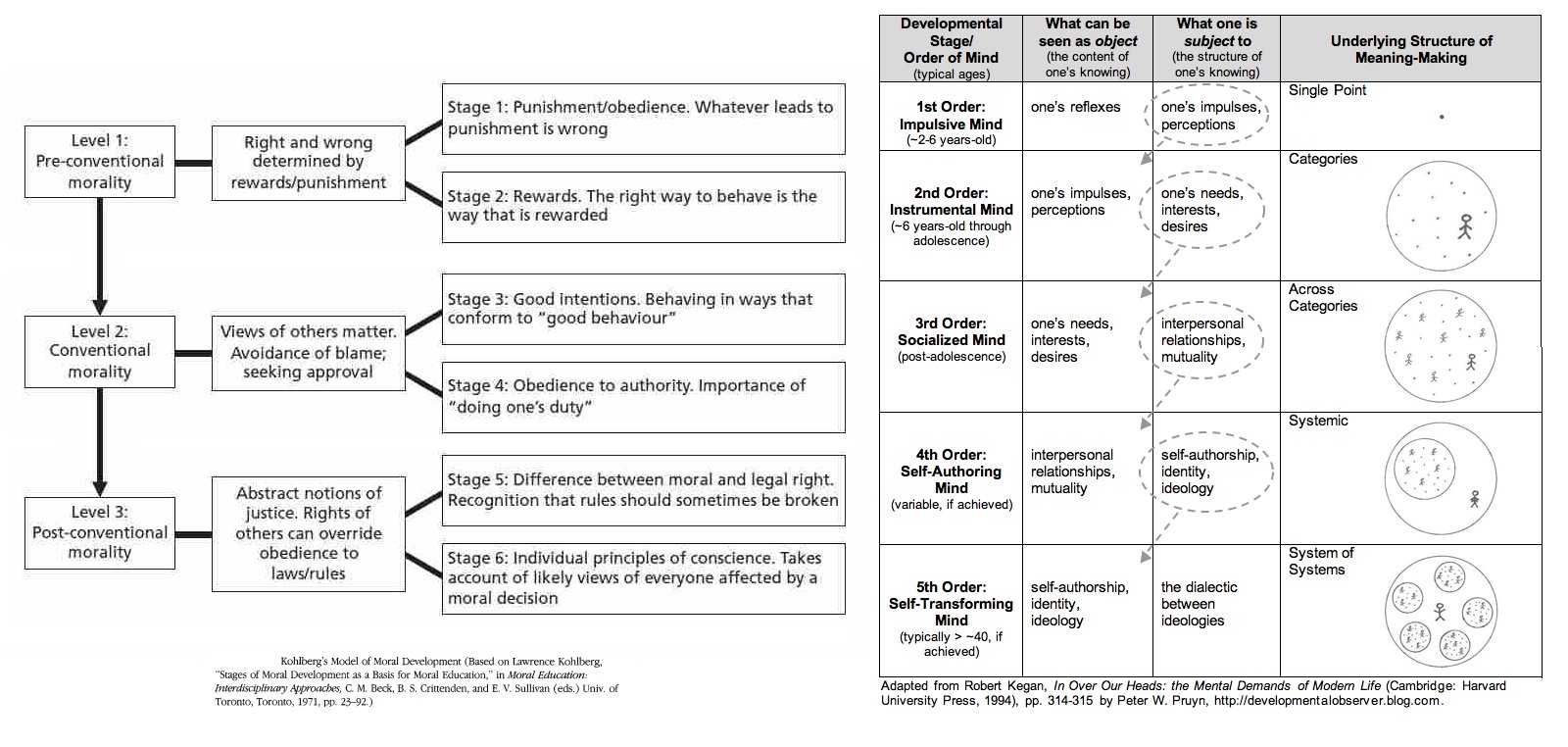luka
Well-known member
i read the prynne-oliver letters and leary's book of life and was struck by and thought about (not for the 1st time) the consequences of thinking in stages
in both you encounter the notion of the child-bearing/rearing adult as an unavoidable stage, something that cannot be shirked, and the consequent contempt for homosexuals, incels, asexuals etc.
this progressivism, or evolutionary thinking sometimes seems baked into psychedelic thought (re. psychedelic fascism). that we must ascend a ladder and those stuck on the lower levels are failures.
in both you encounter the notion of the child-bearing/rearing adult as an unavoidable stage, something that cannot be shirked, and the consequent contempt for homosexuals, incels, asexuals etc.
this progressivism, or evolutionary thinking sometimes seems baked into psychedelic thought (re. psychedelic fascism). that we must ascend a ladder and those stuck on the lower levels are failures.






